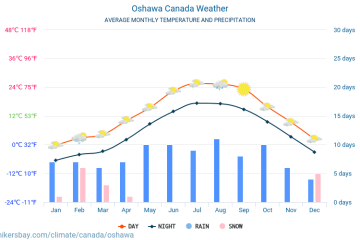Exploring the Cultural and Economic Landscape of France

Introduction
France, known for its rich history, cultural heritage, and innovative spirit, continues to hold a significant position on the global stage. As one of the world’s leading economies and a hub of art and culture, France’s role in shaping international policies, global markets, and cultural trends remains vital. Recent developments in political leadership, economic reforms, and social justice movements amplify the country’s relevance.
Political Landscape
In recent months, France has witnessed a series of pivotal political events, particularly with President Emmanuel Macron’s administration. Following the controversies surrounding pension reforms, which sparked nationwide protests in 2023, Macron has made efforts to restore public trust and stabilize his government. His administration is focused on addressing social inequalities while navigating the challenges of inflation and economic recovery post-COVID-19.
Cultural Significance
France’s influence extends beyond politics into arts and culture. The Cannes Film Festival, held annually, recently showcased a blend of international cinema with a focus on emerging talents and diversity in film. Additionally, Paris is set to host a series of exhibitions and fashion events to celebrate its status as a global fashion capital.
Economic Dynamics
Economically, France faces the challenge of balancing growth with sustainability. The French government has initiated several green initiatives, aiming to transition away from fossil fuels and promote renewable energy sources. The upcoming 2024 Summer Olympics in Paris is also anticipated to bring significant investment into infrastructure and tourism, enhancing France’s economic prospects.
Conclusion
In conclusion, France remains a country of great importance on both cultural and economic fronts. With ongoing political reforms and a commitment to social justice, the future holds promise for a reinvigorated national identity. For readers, understanding France’s evolving landscape is not only essential for those interested in international relations or travel but also for recognizing how cultural and economic influences shape global narratives.









